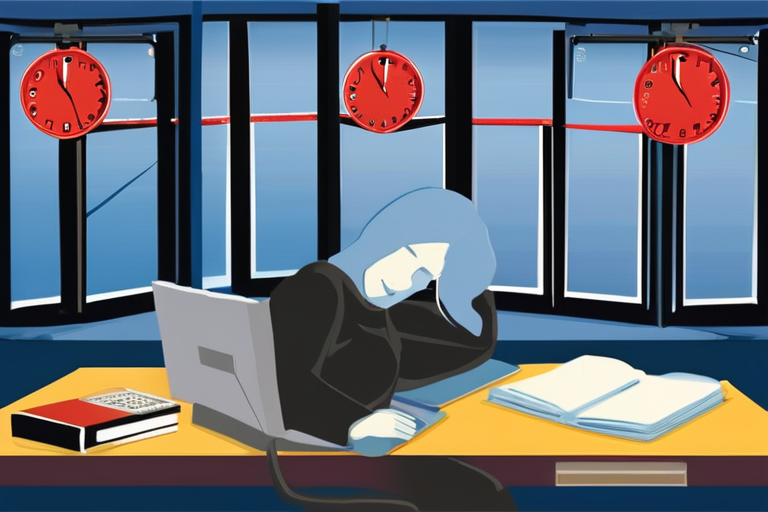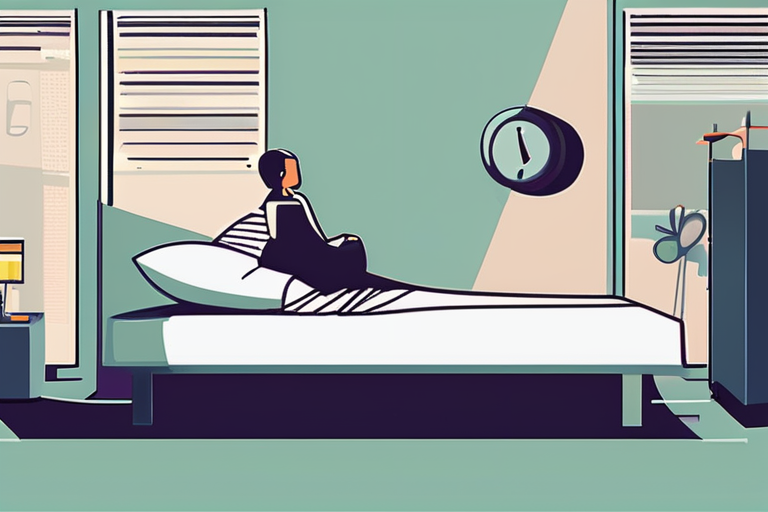Clocks fell back an hour on Sunday morning, marking the end of daylight saving time and the beginning of standard time. This change offers a reprieve for those who need more sleep, particularly teenagers who get chronically little rest. According to the Centers for Disease Control and Prevention, three out of four high school students do not get enough shut-eye.
Dr. Maria Rodriguez, a sleep specialist at a leading hospital in New York, notes that teenagers have to fight to stay on a schedule that doesn't match their biology. "Their internal clocks are set to a later time, making it difficult for them to fall asleep early and wake up early," she explains. "This is why it's essential for parents to understand the adolescent biology of bedtime and work with their children to establish a consistent sleep schedule."
In many countries, including the United States, the time change can be a challenging adjustment, especially for teenagers who are already struggling to get enough sleep. Research suggests that teenagers need 8-10 hours of sleep each night, but many are not getting this amount due to various factors, including school schedules, extracurricular activities, and screen time.
The time change provides an opportunity for families to reset their sleep schedules and establish healthier habits. Dr. Rodriguez recommends that parents encourage their children to go to bed earlier and wake up earlier, taking advantage of the darker evenings and brighter mornings. "This can help regulate their internal clocks and improve the quality of their sleep," she says.
In addition to the time change, some countries are taking steps to address the sleep needs of teenagers. For example, in Japan, schools have started to adopt later start times to accommodate the natural sleep patterns of teenagers. This change has been shown to improve the sleep quality and academic performance of students.
As the world continues to grapple with the challenges of sleep deprivation, the time change offers a chance for families to reassess their sleep habits and establish healthier routines. By working together, parents and children can establish a consistent sleep schedule that meets the unique needs of teenagers.
In the coming weeks, families will need to adjust to the new time schedule, and experts recommend that they do so gradually. Dr. Rodriguez advises parents to start by setting a consistent bedtime and wake-up time, even on weekends, and to establish a relaxing bedtime routine to signal to their children that it's time to sleep. By making these changes, families can improve the quality of their sleep and set themselves up for success in the long term.


























Share & Engage Share
Share this article